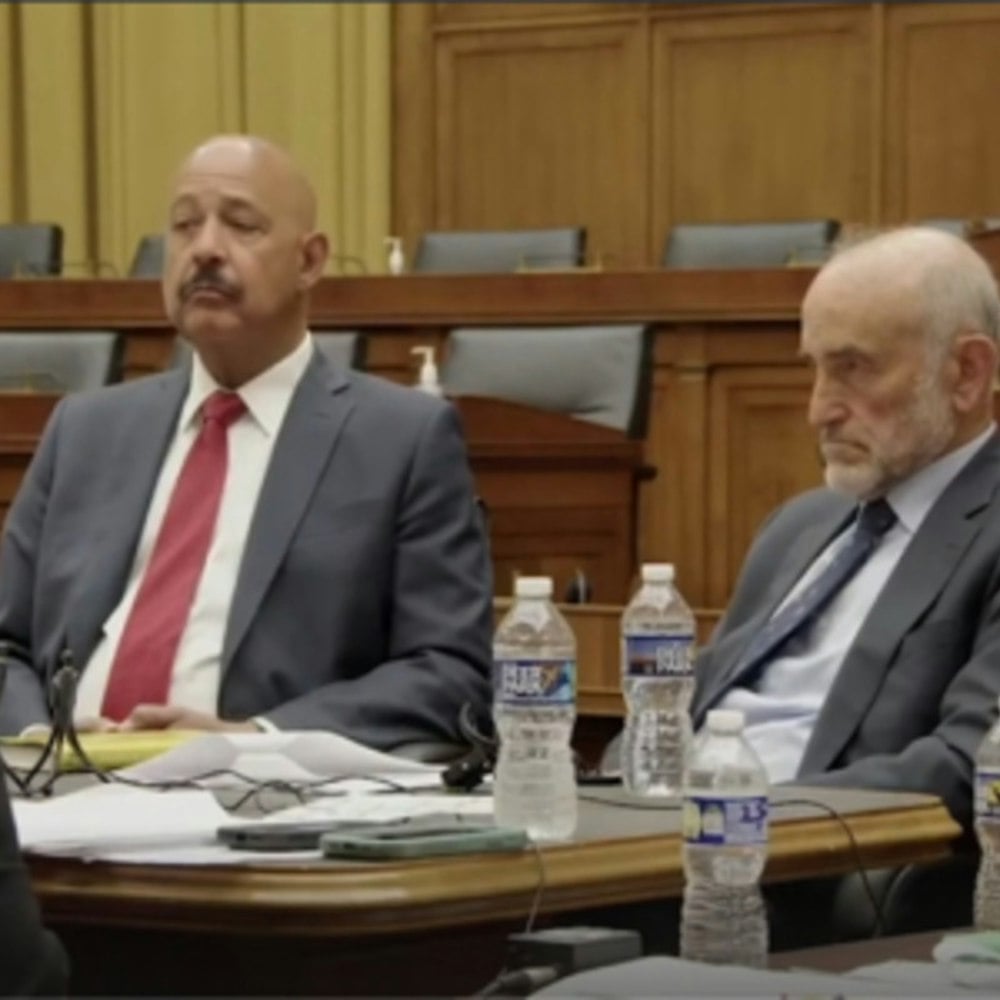
The US House of Representatives approved a hefty $95 billion foreign aid package that is now moving forward to the Senate for what's predicted to be a final nod. Per ABC15, the breakdown of the package sees $61 billion slated for Ukraine, over $26 billion for Israel and humanitarian efforts in Gaza, and $8 billion for Taiwan and other US allies in the Indo-Pacific, each allocation with its own battleground of contentions and support.
Accompanying the hunt for Senate approval, a changing choreography of political stances saw some House members split their votes on the individual bills that now comprise the single package awaiting Senate judgment. If consensus on the vote's timing reaches a quick culmination, which Fox10 Phoenix suggests could be as soon as Tuesday afternoon, dissenting Republicans could elongate proceedings into Wednesday if they elect to stand in protest.
Bipartisan support carried the day in the lower chamber with a substantial 311-112 win, despite the vocal minority opposing, notably on the allocation to Ukraine. Irene Amine, a voice for the Arizona Ukrainian diaspora, pushed for expedient aid, warning of the growing threats; and ex-Marine Matthew Sampson, a combatant first-hand witness in Ukraine's struggle, shared their testimonies in passionate advocacy for the funding, they told ABC15.
Conversely, critics like Rep. Andy Biggs contested the Gaza funds, claiming with certainty that "money to terrorists" was the only language the aid spoke, a sentiment echoed by his congressional cohort, Rep. Paul Gosar, who framed the Ukraine deal as a lure into "endless and purposeless war," they voiced in statements on the House floor. The dissent echoed in Arizona's Rep. Debbie Lesko's stance linking the aid to border security, an 'America First' logic recounted by ABC15.
The Senate's path is forecasted as less contentious, with expectations set for Senate approval. Senator Mark Kelly highlighted the noteworthy bipartisan currents that shaped the House's vote, emphasizing the urgency tied to national and allied security, as per ABC15's reporting. However, Senator Kyrsten Sinema maintains a guarded silence with no comment provided ahead of the Senate vote.
Interestingly, the foreign aid bill isn't just about geopolitical alliances and military support. A specific addition to broader foreign policy, a legislative grenade lobbed into the digital sphere, targets TikTok with a proposed ownership ultimatum threatening a ban, Fox10 Phoenix uncovers. The package also plans a Russia penalty, pivoting seized assets into a "Ukraine Support Fund." These legislative moves reflect an expanding canvas of American interest, casting nets into the world's troubled waters and the cyber sea alike.









